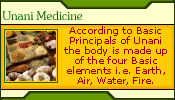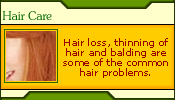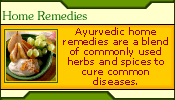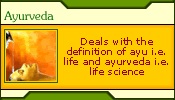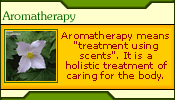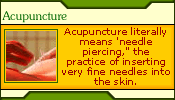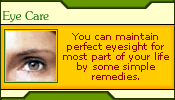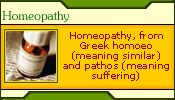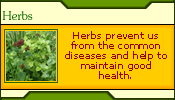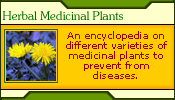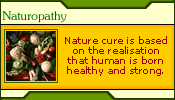|
Cobalt is a component of vitamin B12, a nutritional factor necessary
for the formation of red blood cells. Recent research in vitamin
B12 has shown that its pink colour is attributed to the presence
of cobalt in it. The presence of this mineral in foods helps the
synthesis of haemoglobin and the absorption of food- iron. The best
dietary sources of cobalt are meat, kidney and liver. All green
leafy vegetables contain some amount of this mineral. No daily allowance
has been set. Only a very small amount upto 8 mcg. is considered
necessary.
Cobalt is part of the vitamin B 12 molecule.
Cobalt is required for
It is required in the manufacture of red blood cells and in preventing
anemia.
Deficiency of cobalt
If a normal diet is followed a deficiency is most unlikely.
Dosage
The dosage is the Recommended Daily Allowance (RDA), but be aware
that this dosage is the minimum that you require per day, to ward
off serious deficiency of this particular nutrient. In the therapeutic
use of this nutrient, the dosage is usually increased considerably,
but the toxicity level must be kept in mind.
In the case of microelements, such as trace elements, the amounts
are very small, yet they are still important.
Toxicity and symptoms of high intake
An excessively high intake of cobalt may damage the heart muscles,
and may cause an over-production of red blood cells or damage to
the thyroid gland.
Other interesting points
Since cobalt is part of the vitamin B12 molecule, the function
of cobalt is interwoven with that of vitamin B 12.
Food sources
Cobalt is present in pulses and vegetables.
|



